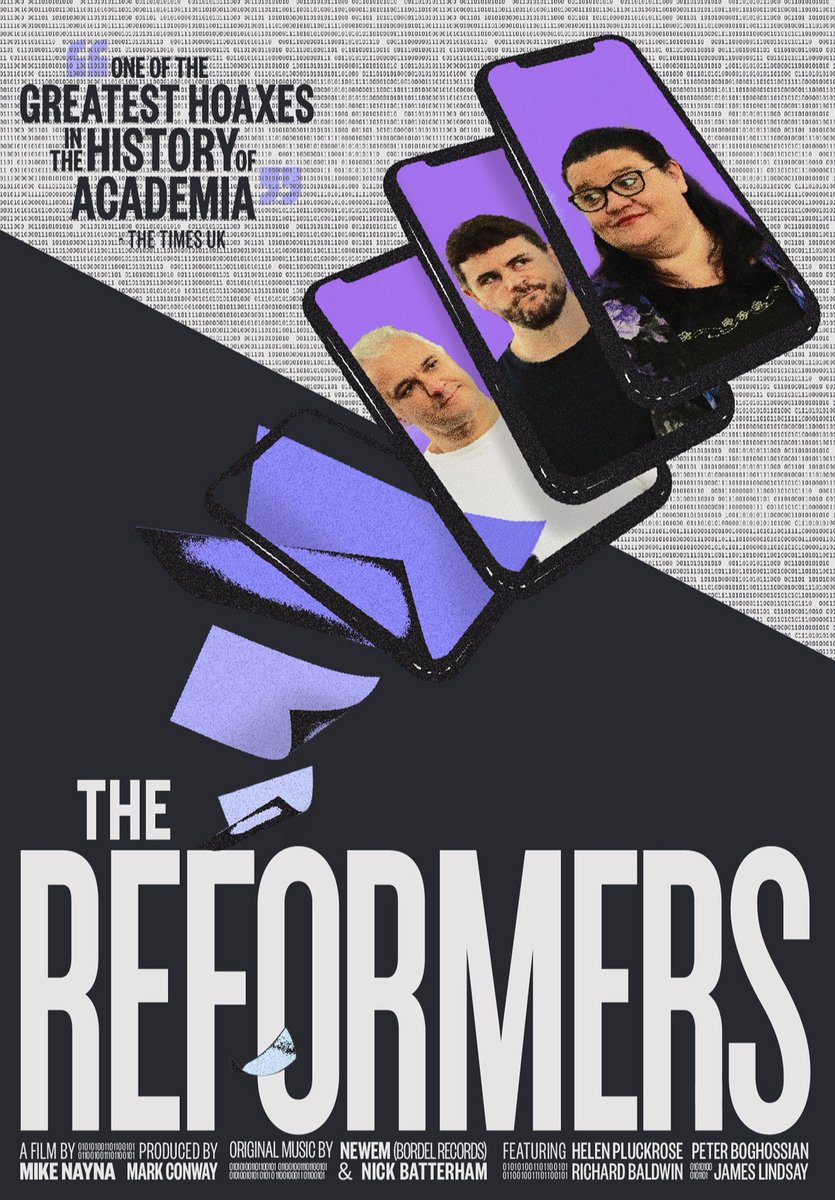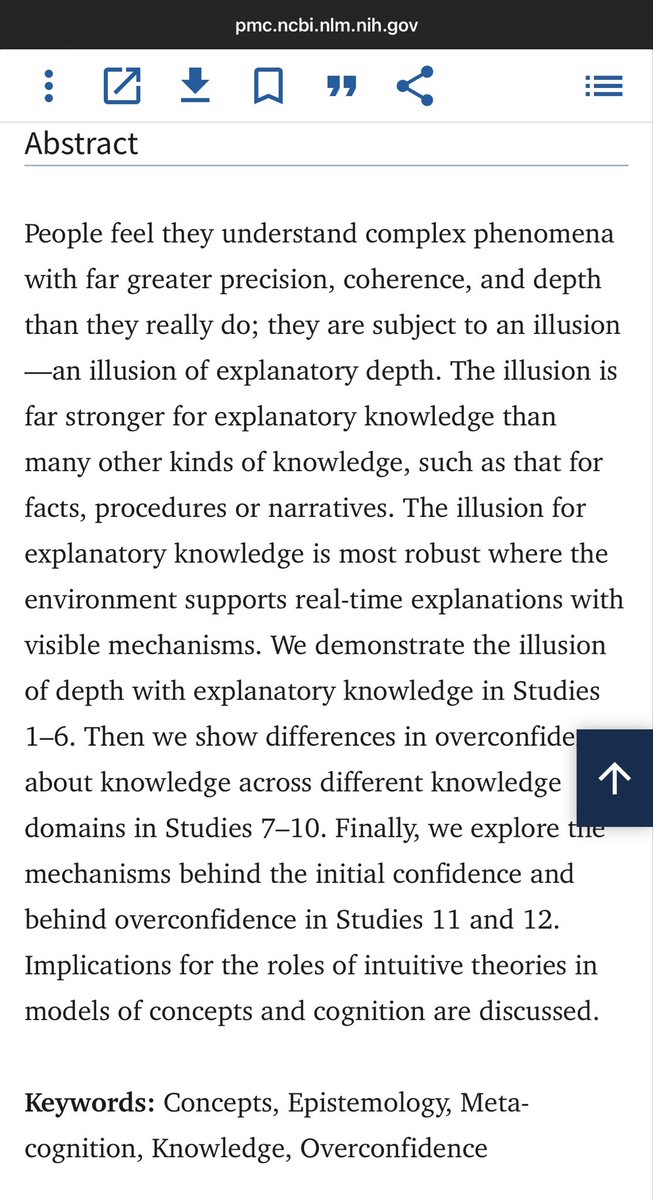After Charlie Kirk’s murder, many were shocked to see people celebrate killing someone for mainstream conservative views. I’m not. As a professor, I saw the ideology that taught “disagreement = harm” take over higher ed. This is the endgame of that lesson. 🧵
In this campus culture, to even question the ideology is to cause harm. That belief fueled extreme reactions to speech. Administration and students relentlessly harassed me for holding mainstream liberal positions until I resigned. 2
https://x.com/i/status/1150377045945249793
A society that equates argument with injury will normalize violence toward opinion. What's worse, the ideology that seeded this holds radical views far outside the values of middle America. 3 

What results is ordinary political discourse, like Charlie’s, on family, immigration, gender, or abortion, is recast as a violent violation. For decades, universities wove this ethos into American life. That’s why we’re here. And yes, the left started it. 4
If you want receipts, seek out the work of my friend @mikenayna, especially his film The Reformers. It documents this problem better than anything else I’ve seen. 5 

• • •
Missing some Tweet in this thread? You can try to
force a refresh






